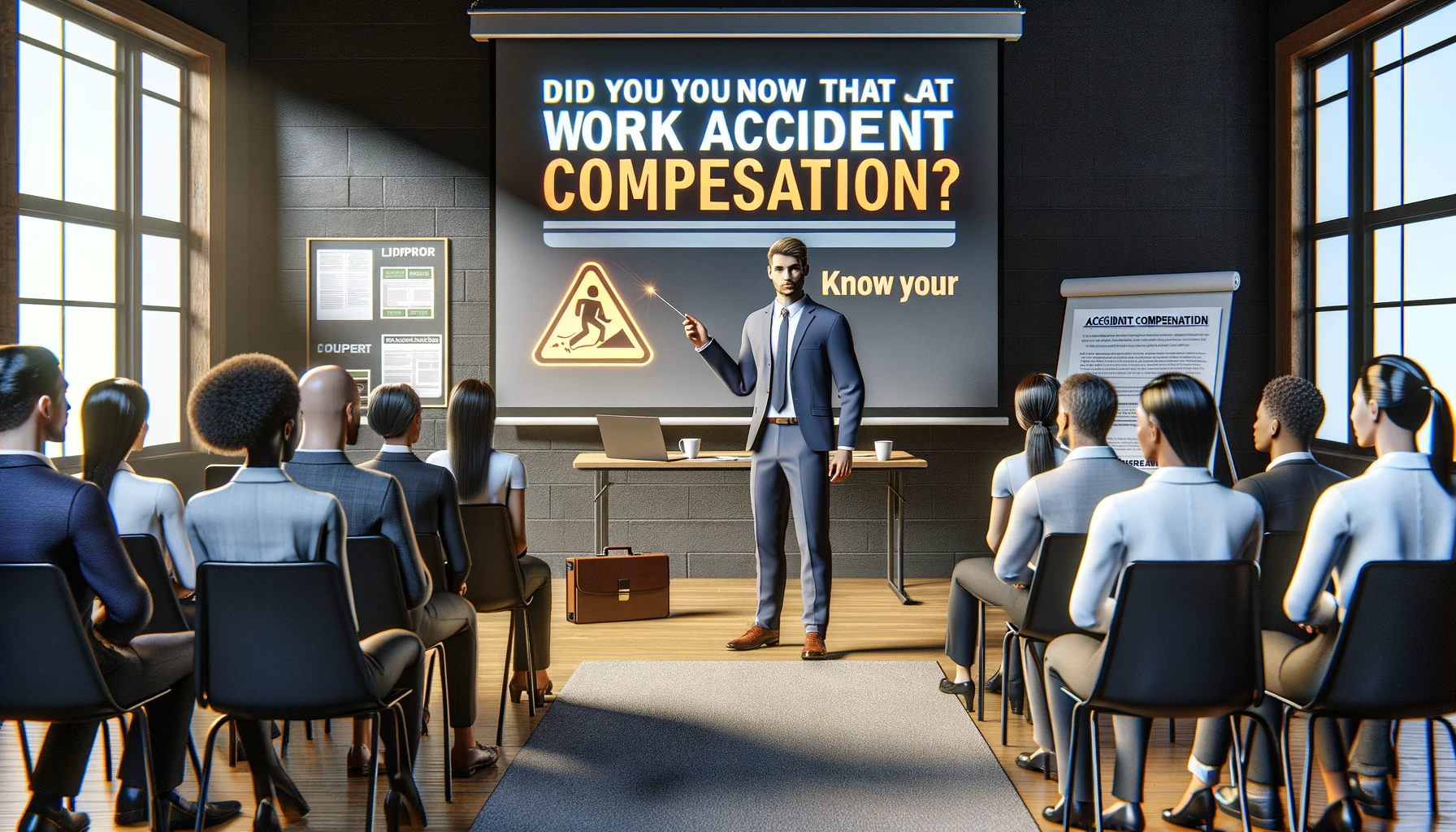Have you ever wondered about the ticking clock when it comes to claiming compensation after a workplace accident? It's crucial to know the ins and outs of this time-sensitive process. In this article, we'll unravel the mystery of the workplace injury claim deadline, ensuring you're equipped with the knowledge to act swiftly and effectively.


Understanding Workers' Compensation
Workers' compensation is a safety net designed to support employees who have suffered injuries or illnesses due to their job. It's a form of insurance providing wage replacement and medical benefits, but there's a catch – you need to act within a certain time frame.Reporting Work-Related Accidents
Reporting an accident promptly is not just procedural; it's pivotal. This initial step can significantly affect your ability to claim compensation. Typically, you should report any work-related injury immediately, although the exact time limit can vary.
Statute of Limitations for Injury at Work
The statute of limitations is the legal time limit within which you can file a claim. It's a countdown that varies depending on where you work, but it's usually between one to three years. Missing this deadline could leave you empty-handed.Time Frame to File Workers' Comp
While the statute of limitations sets the ultimate deadline, there's often a much shorter window for the initial reporting and filing of workers' comp claims. This period can be as short as a few days or weeks from the date of the accident.Employment Injury Compensation Period
The length of time you can receive compensation after an injury can differ based on the severity of the injury and the policies in place. However, understanding the deadline to file is key to ensuring you don't miss out on this period altogether.How Long to Report Workplace Injury
The clock typically starts the moment the injury occurs. You might have a grace period, but it's generally best to report the injury as soon as possible, ideally on the same day.Deadline for Work Injury Claims
The final deadline to lodge your claim is the endgame. It's the date by which all your paperwork must be submitted. This date is non-negotiable and missing it can be costly.Occupational Accident Claim Window
This window is your opportunity to set things in motion. Legal advice can be invaluable during this time, helping you navigate the complexities of your claim.Time Limit for Reporting Accidents at Work
Both employers and employees have responsibilities when it comes to reporting accidents. Employers must maintain a safe work environment, and employees must adhere to the reporting deadlines.Deadline to File for Job Injury Compensation
Keeping track of this deadline is critical. Mark your calendar, set reminders, and don't procrastinate. The sooner you file, the better your chances of a successful claim.Period to Claim After Work Accident
The period to claim compensation starts as soon as the accident happens. Understanding when and how the clock starts ticking is essential for every employee.Timeframe to Seek Workplace Injury Damages
Acting quickly and efficiently is the best practice. Gathering evidence and seeking legal counsel early on can help ensure you meet all deadlines.
Conclusion
Understanding the ticking clock of workplace injury claims is vital. Remember, when it comes to workers' comp, time is of the essence. By keeping the deadlines in mind and acting promptly, you safeguard your right to compensation.Look for an attorney who has the right legal resources for your legal needs.
Contact us here on the Warmuth Law website or through our hotline 888-517-9888.











